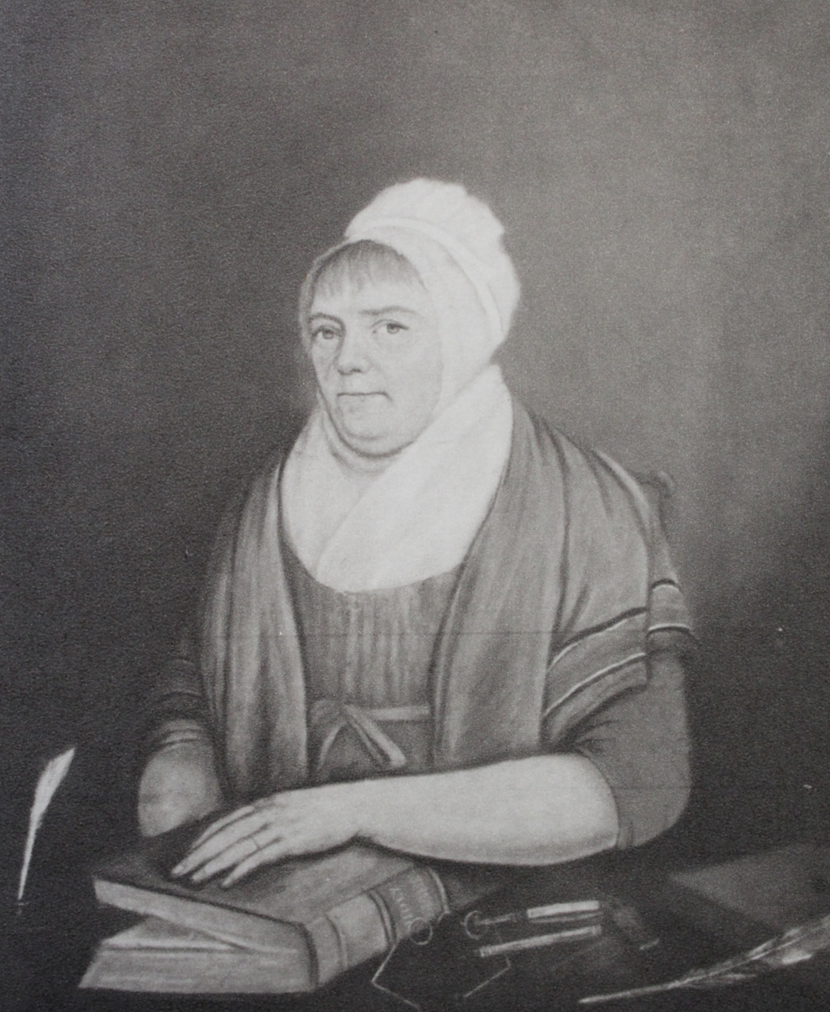
23 Sep 2019
Leeds ironworks innovator forged historic career
She was Leeds’s own Iron lady whose steely determination and indomitable spirit helped forge a legacy which lasted centuries.
And more than 300 years since shrewd businesswoman Elizabeth Beecroft first hammered out a successful career at one of the world’s oldest smithies, her story will be celebrated in a new exhibition looking back at the city’s proud history of innovation.
Opening at Leeds Industrial Museum next month, Leeds to Innovation will rediscover the achievements of some of the scientists, engineers and inventors who helped put the city on the map.
Among the ingenious individuals the exhibition will highlight will be Elizabeth, known as Betty who, along with her husband George, took over the running of the historic Kirkstall Forge in 1778.
Details gleaned from her diary reveal how a local “hammer man” from Kirkstall Forge, who came to Betty and George’s farm to buy a roll of butter, first sparked her interest when he told her the forge was available to let.
Despite the workshop’s dilapidated condition, she eventually persuaded her reluctant husband to help her take it over and although the couple initially faced ridicule, Betty quickly proved the doubters wrong.
With financial support from relative and investor John Butler, she took sole charge of the run down forge and set about bringing in new equipment and an astute new business model.
Selling finished products including buckets, shovels and screws saw profits skyrocket from £172 in 1780 to the handsome sum of £952 in 1784.
In her diary, Betty wrote: “I took in large quantities of metal and scraps at Leeds besides taking care of my own business. Now we fully applied ourselves to our business my husband undertook the care of the farm and works and I undertook the care of the trade the books with the buying and selling also the Engagements of the Men.”
After six years of hard work, which saw extensive improvements to the forge, Betty decided to step down, leaving behind a successful business which went on to become a cornerstone of the early industrialisation of Leeds, supplying the iron used for boiler, engine and machine making.
John McGoldrick, Leeds Museums and Galleries’ curator of industrial history, said: “From her diary and records of the age, it’s clear that Betty Beecroft was a remarkable person, whose keen mind for business and eye for an opportunity were in many ways ahead of their time.
“Her vision and determination also laid the foundation for centuries of production at the forge, which in turn played a crucial role in some of the city’s biggest industrial success stories.
“For hundreds of years, Leeds has been a crucible of ideas and experimentation and a home to innovators whose creations and endeavours changed the city and the world we know today in ways both big and small.
“By rediscovering some of their stories, we can learn more about how they came to be at the cutting edge of their fields, what inspired them and what drove them to succeed.”
Leeds to Innovation explores 300 years of the city’s great minds, looking at famous names like John Smeaton, the ‘Father of Civil Engineering’ and designer of the Eddystone Lighthouse, as well as less well-known figures like Dr Brian Boffey, whose experiment with hot gelatine created the popular sweet Jelly Tots.
Leeds to Innovation opens at Leeds Industrial Museum on Saturday, October 26.
For more details about the museum including admission times and charges, please visit: https://museumsandgalleries.leeds.gov.uk/leeds-industrial-museum/
ENDS
For media enquiries, please call:
Stuart Robinson
Communications Officer
Leeds City Council
Tel: 0113 378 9182 (please note my new number)
Email: stuart.robinson@leeds.gov.uk
Leeds Industrial Museum is housed within Armley Mills, a Grade II listed building which was once the worlds largest woollen mill. The galleries and collections tell the stories behind the industries which have shaped Leeds into the successful city it is today from weaving to steam engines and more. The textile galleries contain spinning wheels and working looms, offering insight into the wool and cloth industries which once made Leeds world famous. Tailoring galleries tell the tales behind how Leeds helped to launch high street fashion and Media in The Mill celebrates the historical importance of the creative industries, from film to photography and print making. Further museum spaces have been recreated and restored to their former glory including the Victorian school room and Mill Managers Cottage. The museum is also home to the Palace Picture House, a twenty-four seat 1920s cinema which screens family films and vintage classics throughout the year.
Address: Canal Road, Armley, LS12 2QFTelephone Number: 0113 378 3173
For media enquiries contact:
Leeds City Council Communications team
communicationsteam@leeds.gov.uk